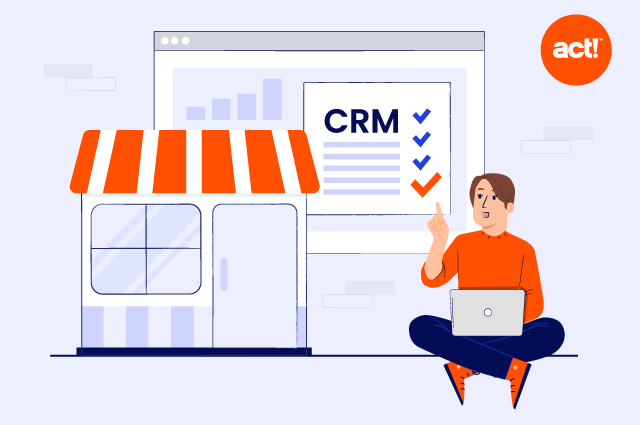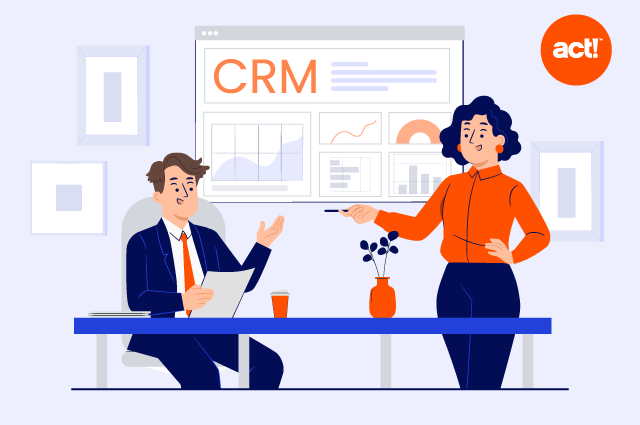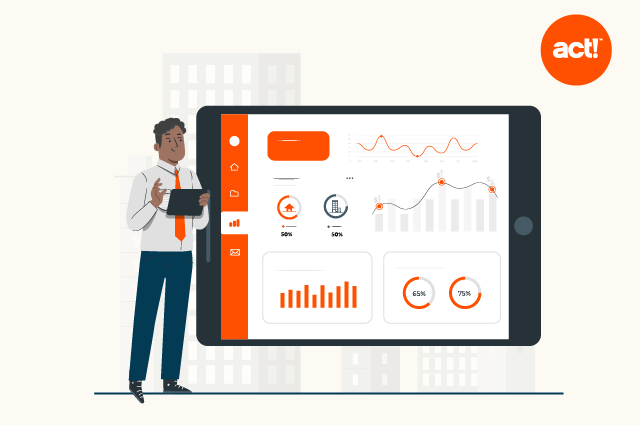Every interaction you have with a customer matters. From the ease of your ordering process to the expertise of your customer support agents, every time a customer has contact with a piece of your company it shapes their view of your entire brand and their relationship with you. Most people think of a relationship that is maintained between two living creatures who can both feel and reciprocate feelings. A customer relationship is like that, except that your entire staff must represent the ‘company’ side while each customer is only themselves. Over the course of years and decades, customers can deal with dozens of different employees throughout your organization in the form of sales clerks, tech support, and customer service. While no single staff member could remember all of these different encounters, your customer will remember them and now you can too, if you are using customer relationship management software.
Not that long ago, all business software was practically single-use and completely isolated from other software and many companies are still running with the old software suite. However, when your shipping, sales, and customer service programs are all separate, there is a lot of swivel-chair data copying of client data between the interlocking but not inter-operable systems. What you need is a CRM that everyone in the company can use when they interact with a customer or process a customer request. This not only unifies your customer data, but it can be used to streamline almost all customer related processes.
Building a Continuous Experience
For a customer, the process of buying, receiving, and using a product is a single sequence of experiences that continue in an unbroken chain from your website or app to their front door. When a sales or customer service employee looks up the customer, they should be able to see the date of the sale, the date it was shipped, how long it took to arrive, and the customer review if one was made. Consider the quality of customer service you can provide if when a customer calls in, your support tech already knows what products they have bought, how long ago, and so on. Each support contact can also be recorded in the CRM with its contents, solution, and other pertinent details, giving your help desk team unique insight into not only the customer’s purchasing history and account information, but also their history contacting the company and what occurred during those interactions.
Stronger Customer Relationships
There’s a special feeling of welcome and belonging customers get when the wait staff at their favorite restaurant knows their ‘usual’. If your business has a CRM (and uses it J ), you can provide that same level of attentive and personalized service no matter what your industry is. When you treat your customers like regulars, they start to feel ‘at home’ with your company even if they deal with a different sales associate or support tech with every encounter. They will be flattered that ‘you’ as a company remember them as a person and respond to their inquiries as if the company itself has a collective memory of your interactions with them. A comprehensive and well-utilized CRM can act as that memory.
Customer relationships are the difference between impulse buys and brand loyalty. Each sale you make and customer support call you answer is an opportunity to build an increasingly strong bond with your clients and they can tell when you’ve put in the effort. Your CRM tool should hold every drop of data your company has on each and every client, allowing you to ‘pick up where you left off’ on your relationship with them at any time and provide an unprecedented level of personalized support.
Still looking for a CRM? Try Act! for free! And make sure to check out our connections page to learn more about how Act! subscribers are able to connect their CRM with hundreds of popular applications that extend the power and reach of Act! while saving them time and streamlining their business processes.





